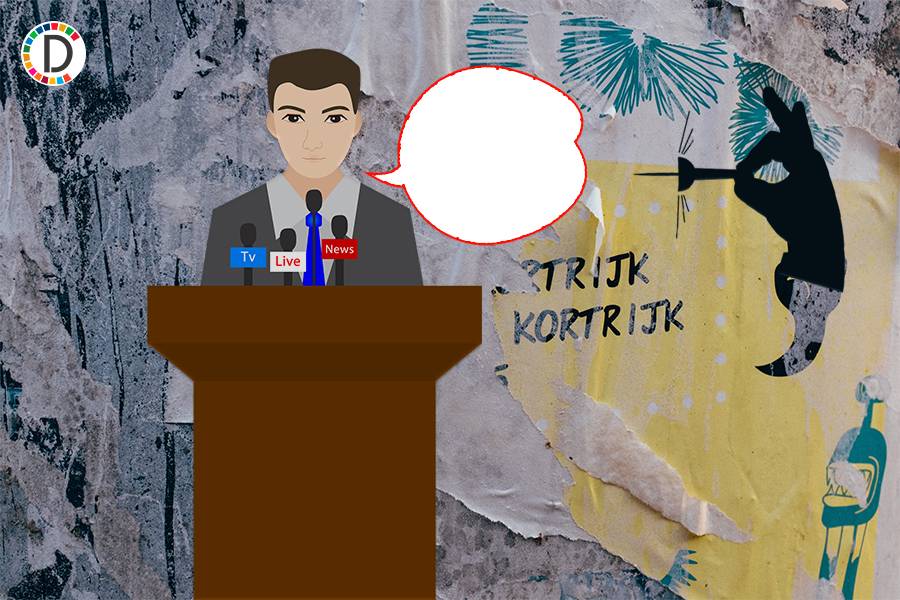NDA Welcomes Government Nod for Simultaneous Elections
The ruling NDA praised the government's approval of a high-level committee's recommendations for simultaneous elections, lauding it as a fulfillment of Prime Minister Narendra Modi's promises. Implementation aims to boost development, save public money, and streamline governance. However, it faces opposition in Parliament, requiring consensus for a constitutional amendment.

- Country:
- India
The ruling NDA on Wednesday welcomed the government's nod to a high-level committee's recommendations for simultaneous elections, with several BJP leaders lauding the decision as another example of Prime Minister Narendra Modi fulfilling his promises.
Union minister Ashwini Vaishnaw told reporters that the Union Cabinet headed by Modi accepted the recommendations of the committee, led by former president Ram Nath Kovind, asserting that its implementation will boost development and save public money.
With the government formally advancing one of its key agenda items for this term, it will be keenly watched how much progress the proposal makes amid stiff opposition, which has enough numbers in Parliament to stall any constitutional amendment bill.
The government will need Parliament's approval to bring to fruition simultaneous Lok Sabha, assembly, and local body polls.
Vaishnaw mentioned that the government will work to evolve consensus on the contentious issue.
BJP president J P Nadda noted the decision aims to streamline the electoral process and ensure better governance.
He said on X, 'The current system of holding elections at different times across states hampers development efforts and burdens the national treasury. Adopting 'One Nation, One Election' will help lower election-related expenses and lessen the financial burden on the government.' BJP's allies, including Janata Dal (United), Lok Janshakti Party (Ram Vilas), JD(S), and Shiv Sena, welcomed the Cabinet's decision.
LJP president and Union minister Chirag Paswan called it a big and historic step in the country's interest.
JD(U) spokesperson Rajeev Ranjan Prasad stated that simultaneous polls will rid the country of frequent polls, obviate the drain on the public exchequer, and result in policy continuity.
JD(S) leader and Union Minister H D Kumaraswamy described it as a 'historic step' towards improving India's electoral system.
Within the first 100 days of its third term in office, the Narendra Modi government has delivered on its election promise, Kumaraswamy said.
Shiv Sena MP Shrikant Shinde said it is a 'game-changer for the country's democratic structure, ensuring that governance is not compromised by the demands of frequent elections.' He emphasized that it will enhance the quality of decision-making and provide much-needed political stability.
Defence Minister Rajnath Singh praised the decision as among the significant reforms being undertaken by India under Modi's 'visionary leadership like never before.'
He stated, 'PM Modi's unwavering resolve to strengthen our democracy is reflected in this progressive decision.' BJP leader and Union minister Giriraj Singh said simultaneous polls will ensure that development programs go unimpeded and criticized Congress president Mallikarjun Kharge for opposing the measure.
In a post on X, he asked Kharge to rise above political biases, claiming that first Prime Minister Jawaharlal Nehru had started the process of one-nation-one-election, and the exercise continued after his death.
'Will Kharge Ji prove Nehru Ji wrong,' he asked.
Lauding the Cabinet's nod, BJP spokesperson Sambit Patra shared an old video of Modi advocating the concept.
'We implement what we say,' he remarked, a sentiment echoed by several other party leaders on X.
Uttar Pradesh Chief Minister Yogi Adityanath said the decision will prove to be a 'milestone in ensuring political stability, sustainable development, and a prosperous democracy in the country.'
JD(U) national spokesperson Rajeev Ranjan Prasad said the step will have long-term consequences and provide the country with comprehensive benefits.
He added that it will also help boost polling. The JD(U) is among the parties supportive of the idea of simultaneous elections, having stated so in its submission before the committee.
All BJP allies, including Telugu Desam Party, Shiv Sena, and Lok Janshakti Party (Ram Vilas), have in principle supported the concept, which was part of the BJP's manifesto for the recent Lok Sabha polls.
The Uniform Civil Code is another key BJP plank similar to simultaneous elections in their manifesto. However, unlike simultaneous polls, the UCC faces resistance from its allies.
(With inputs from agencies.)
ALSO READ
New Chapter: 13th Bangladesh Parliament Gears Up for Session
Sri Lanka Abolishes Lifetime Parliamentary Pensions
Turkish Parliament's Bold Move: Paving a New Path for Peace
Turkish Parliament Approves Key Reform Roadmap Amid PKK Disbandment
Turkish Parliamentary Committee Advocates New Peace Reforms with PKK










